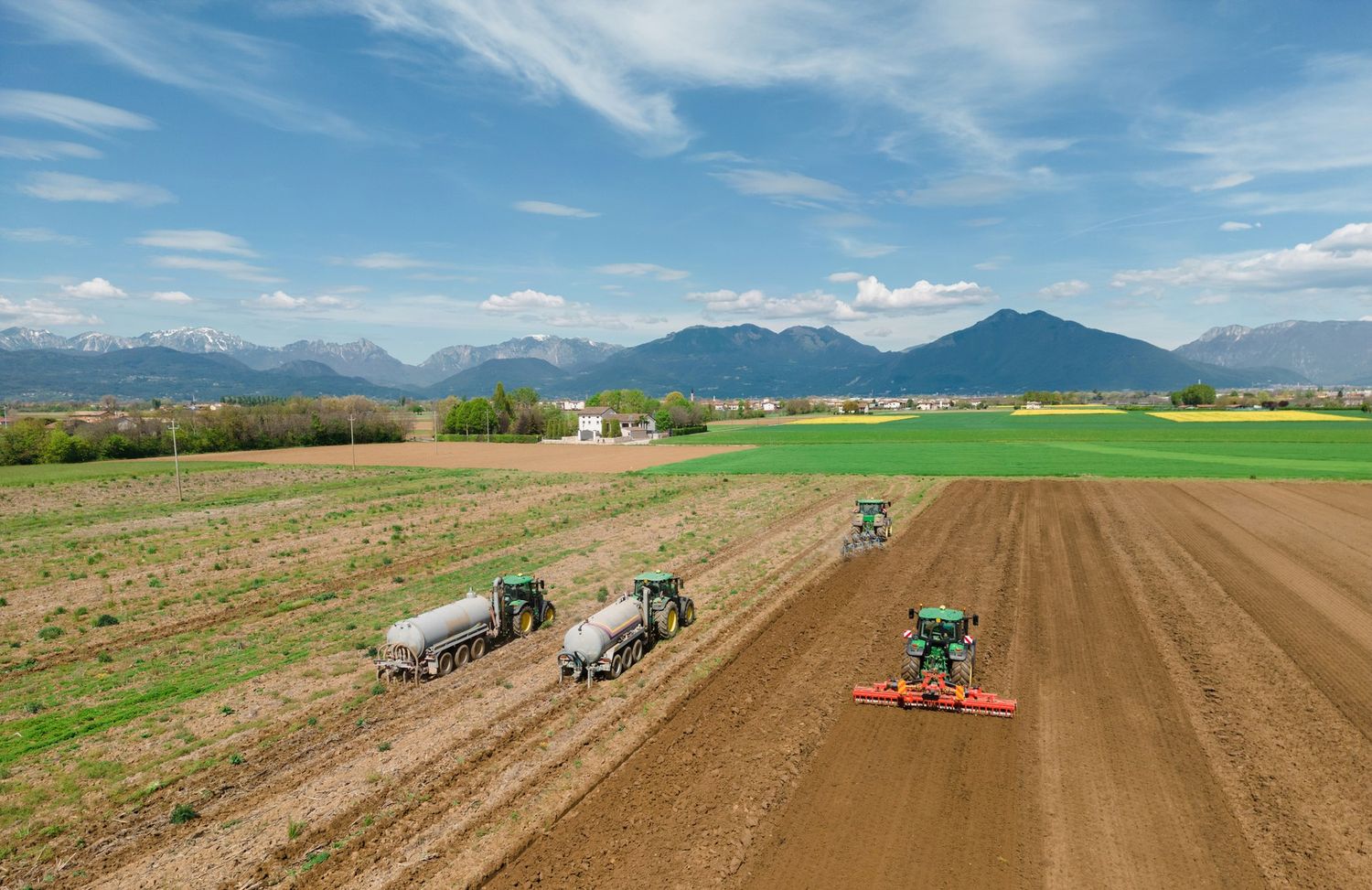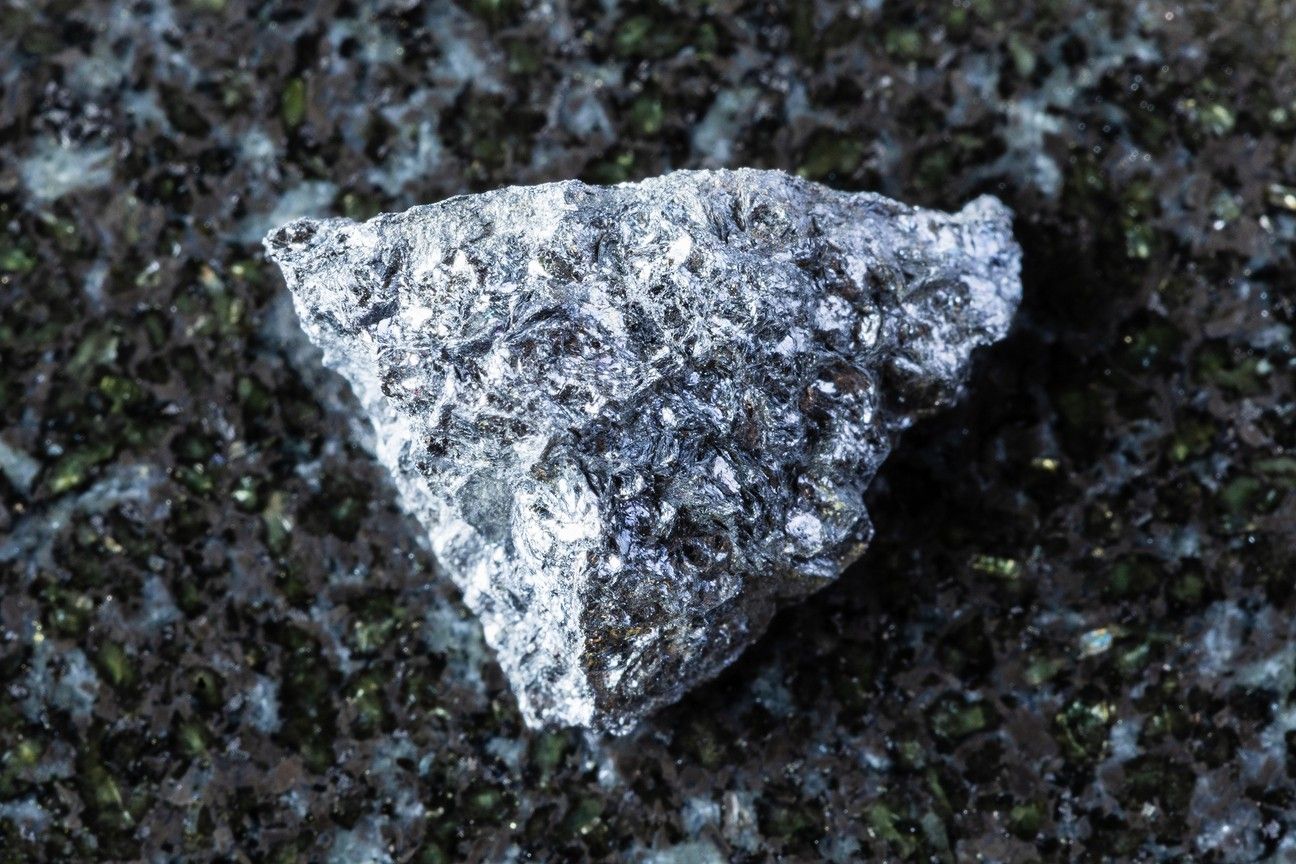Insights
10 Different Types of Commodities You Should Know
Dresyamaya Fiona
•
4 Minutes
read
•
Oct 6, 2025
There are many types of commodities that drive global trade and investment. Each different type of commodity influences markets in distinct ways and supports long term economic growth.

Commodities are essential to global trade and investing. They are grouped into categories that shape industries, drive economies, and influence investment decisions. Understanding commodity types enables investors and businesses to diversify portfolios, hedge against risks, and capitalize on market opportunities.
Below, we highlight the 10 types of commodities most relevant in today’s global markets.
1. Crude Oil
Crude oil is the most widely traded commodity worldwide, often referred to as “black gold.” It fuels transportation and serves as the foundation for petrochemical products, including plastics, fertilizers, and synthetic materials. While it can be used for power generation, natural gas and coal are more common sources of electricity.
Oil prices aresusceptible to geopolitical events, OPEC production decisions, and globaldemand trends. When major economies expand, oil consumption rises; when thereare supply disruptions in producing countries, prices spike. Due to itssignificant influence, crude oil is at the center of discussions about energysecurity and sustainability.
2. Natural Gas
Natural gas is a versatile energy source used for electricity generation, heating, and industrial production. In recent years, it has gained importance as a “bridge fuel” in the transition from coal to cleaner energy.
Prices are influenced by seasonal demand (higher in winter for heating), pipeline infrastructure, and liquefied natural gas (LNG) exports. Additionally, natural gas markets are influenced by the adoption of renewable energy, as solar and wind power begin to replace traditional fossil fuels in certain regions.
3. Gold
Gold has been valued for centuries as a store of wealth. Beyond its use in jewelry, it plays a significant role in technology, medical devices, and central bank reserves.
Investors view gold as a safe-haven asset, particularly during periods of inflation or economic uncertainty. When currencies weaken or stock markets become volatile, gold tends to attract demand. Its enduring value and liquidity make it one of the most essential commodity types in global portfolios.
4. Silver
Silver combines characteristics of both a precious metal and an industrial commodity. Like gold, it is used for jewelry and investment, but it also plays a critical role in modern industries. It is essential for electronics, solar panels, batteries, and even medical applications due to its antimicrobial properties. This dual demand makes silver prices particularly sensitive to both investor sentiment and industrial growth. For traders, silver often offers higher volatility compared to gold, creating more opportunities for trading.
5. Copper
Copper is often nicknamed “Dr. Copper” because its demand is a reliable indicator of global economic health. Used in construction, electrical wiring, renewable energy, and infrastructure, copper demand rises during periods of industrial expansion.
Its importance in renewable technologies such as electric vehicles and solar farms has made copper central to the global energy transition. Supply constraints from major producing countries, such as Chile and Peru, frequently result in significant price fluctuations.
6. Corn
Corn is a staple agricultural commodity with multiple uses: food, livestock feed, and biofuel (ethanol). Weather conditions, planting cycles, and demand from both the food industry and the renewable energy sector heavily influence its price.
The United States is the largest producer and exporter of corn, making global supply chains susceptible to U.S. harvest reports. Corn also has a direct impact on livestock costs, as it is the primary feed for cattle and hogs.
7. Wheat
Wheat is one of the most consumed grains in the world and forms the foundation of daily diets across continents. Its importance makes it a critical measure of food security.
Prices fluctuate due toregional harvests, export restrictions, and conflicts in major producingregions. For example, droughts in key wheat-producing countries or geopoliticaltensions affecting shipping routes can cause global price spikes. For investors,wheat represents both a vital agricultural asset and a hedge against inflationin food markets.
8. Coffee
Coffee is more than just a morning beverage, it is one of the most traded agricultural commodities globally. Major producers, such as Brazil, Vietnam, and Colombia, dominate the supply, while global demand continues to grow.
Coffee prices are susceptible to weather conditions, especially frost or droughts in Brazil. Currency fluctuations in producing countries and global consumption trends also play roles. Specialty coffee demand has further boosted its importance in international trade.
9. Cotton
Cotton remains vital to the global textile and fashion industry. From clothing to industrial fabrics, cotton is irreplaceable for many applications.
Prices depend on weather conditions, global fashion cycles, and competition from synthetic alternatives like polyester. Major producers include the United States, India, and China. For traders, cotton represents a crucial agricultural commodity that reflects both production trends and consumer demand in the apparel market.
10. Cattle
Livestock commodities, particularly live cattle and feeder cattle, play a crucial role in global diets. Beef demand is strong in North America, Asia, and Europe, making cattle prices critical for food markets.
Prices are influenced by feed costs (especially corn), consumer preferences, export demand, and health regulations. Disease outbreaks or shifts toward plant-based diets also impact the cattle market. Despite these challenges, cattle remain one of the most enduring and globally traded livestock commodities.
Read more: The Importance of Agricultural Commodities





